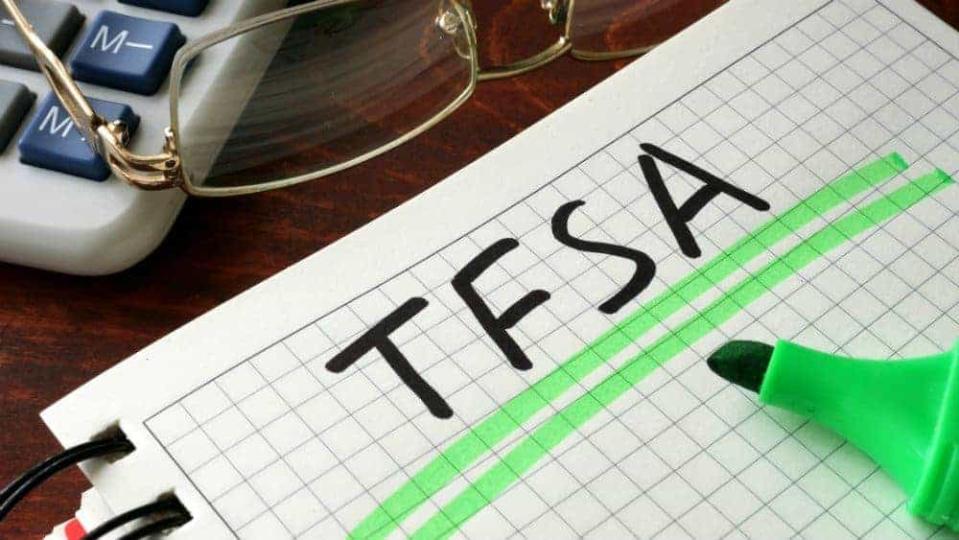CRA: Making This TFSA Mistake Will Result in More Taxes

While there are many great stocks here in Canada, you may want to diversify your portfolio by buying stocks from foreign companies. It’s fine to include U.S. and international stocks in your Tax-Free Savings Account (TFSA) portfolio, as there is no limit on the amount of foreign content that you are allowed.
But there are some things to keep in mind. If you want to buy foreign stocks that pay dividends, you should know that foreign dividends are treated differently in a TFSA than Canadian dividends or interest income.
Foreign dividends are taxable in a TFSA
You may not want to hold investments producing foreign income in your TFSA due to the tax consequences.
On withdrawal, Canadian dividends and interest are specifically tax-exempt in a TFSA when earned. Non-Canadian dividends, including those paid by U.S. blue-chip stocks, are subject to non-resident withholding tax (NRT) in a TFSA.
The IRS levies a 15% withholding tax on dividends paid to Canadian resident investors. Whether you own U.S. stocks directly in your TFSA or have a Canadian mutual fund or exchange-traded fund (ETF) that holds U.S. stocks, the result is the same.
You can’t avoid the 15% withholding tax. To make matters worse, you also can’t access the foreign income tax credit, which you can claim on U.S. stocks bought in a non-registered account to offset withholding tax deducted. There’s no way to avoid these taxes in a TFSA. Like any tax, it eats into the amount you actually earn.
For example, the annual dividend paid on 100 shares of McDonald’s is currently US$500, but if you hold these shares in your TFSA, you would only receive US$425 in dividends. The difference of US$75 is lost in withholding tax. On the other hand, if you buy Canadian dividend stocks in your TFSA, you can keep the full amount.
For example, if you buy 100 shares of Toronto-Dominion Bank, you’ll receive the full annual $316 dividend in your account.
You should keep dividend-paying foreign stocks in your RRSP
Although there is an exemption for U.S. dividends paid into an RRSP or RRIF through the tax treaty between Canada and the United States, there is currently no such exemption for the TFSA.
The IRS doesn’t withhold tax at source on U.S. dividends earned in an RRSP account. They respect the non-taxable status of investment income in an RRSP.
The IRS doesn’t care that TFSAs are tax-free. Despite the similarity to U.S. Roth IRAs, the IRS doesn’t consider the TFSA as a registered plan. It’s therefore better to hold U.S. stocks inside an RRSP.
If you have an RRSP and a TFSA, it’s preferable that your TFSA is mainly or exclusively invested in Canadian stocks so your dividends are all tax-exempt.
If you want to have some foreign exposure in your TFSA, you could buy foreign stocks that don’t pay dividends. You should be careful when choosing stocks that don’t pay dividends, as these stocks tend to be higher-risk growth stocks. In a TFSA, capital losses can’t be used to offset capital gains.
The post CRA: Making This TFSA Mistake Will Result in More Taxes appeared first on The Motley Fool Canada.
More reading
Fool contributor Stephanie Bedard-Chateauneuf has no position in any of the stocks mentioned.
The Motley Fool’s purpose is to help the world invest, better. Click here now for your free subscription to Take Stock, The Motley Fool Canada’s free investing newsletter. Packed with stock ideas and investing advice, it is essential reading for anyone looking to build and grow their wealth in the years ahead. Motley Fool Canada 2020

 Yahoo Finance
Yahoo Finance 